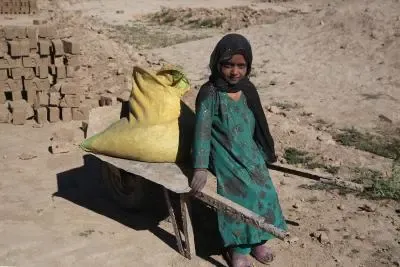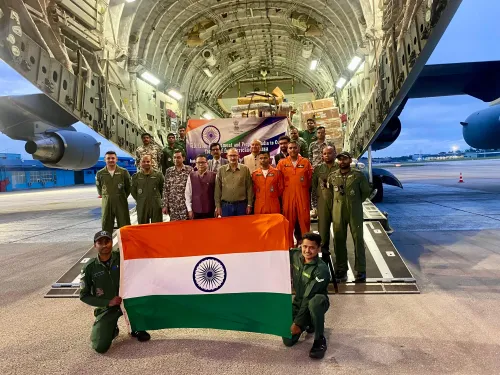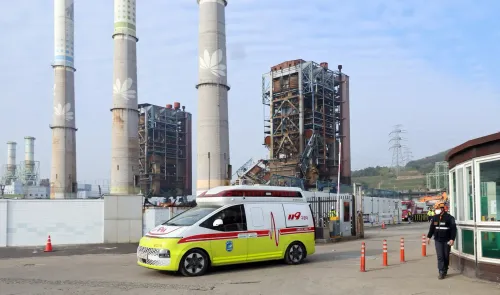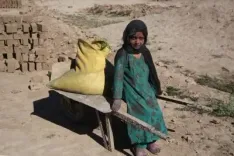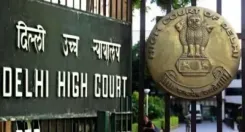What Does Nepal's Rs 1.5mn Relief Mean for Gen Z Protest Martyrs?
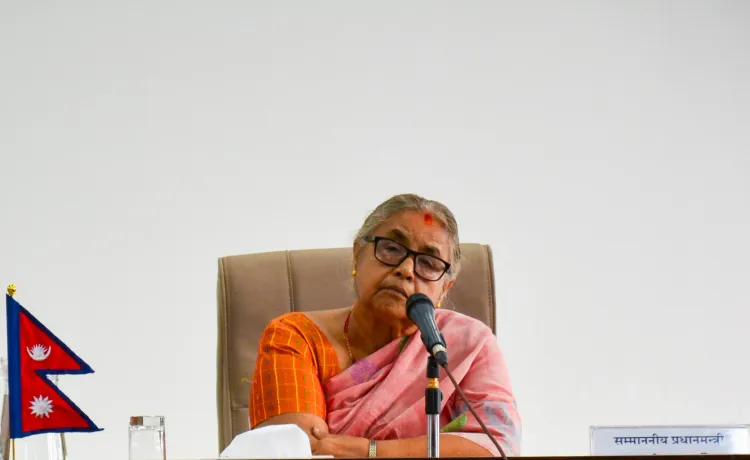
Synopsis
Key Takeaways
- Nepal's government has announced Rs 1.5 million relief for martyrs' families.
- Compensation includes direct financial support and funeral expenses.
- The protests highlighted youth frustration over corruption and economic opportunities.
- Sushila Karki appointed as interim Prime Minister amid political change.
- The government pledges to address justice and accountability for the victims.
Kathmandu, Sep 15 (NationPress) Following Nepal's most significant youth-led uprising, the government has unveiled a relief initiative for the families of the deceased from the Gen Z movement. The decision came during a Cabinet meeting on Monday, where Home and Law Minister Om Prakash Aryal announced that each martyr's family will receive a total compensation of Rs 1.5 million.
This amount comprises Rs 1 million as direct financial assistance and Rs 500,000 allocated for funeral and logistical costs.
The Gen Z protests erupted on September 8 and 9 in reaction to a controversial ban on 26 social media platforms, quickly escalating into nationwide turmoil.
What started as peaceful protests against censorship and corruption transformed into violence, resulting in the resignation of Prime Minister K.P. Sharma Oli.
The demonstrations resulted in the loss of 72 lives, which included 59 protesters, 10 inmates, and three police officers, with over 1,300 individuals suffering injuries.
Currently, 283 people remain hospitalized across the nation.
Minister Aryal indicated that the Ministry of Finance will facilitate the distribution of compensation, coordinated by either the Home Ministry or the relevant district administrative offices.
Besides financial support, the government will also ensure free medical treatment for all those injured.
For the deceased, arrangements will be made for transporting their bodies back to their hometowns, including helicopter services for those in remote areas.
The state will also lend a hand with cremation services. The Gen Z movement has been acknowledged as a pivotal moment in Nepal's political evolution.
Driven by anger over corruption, nepotism, and a lack of economic prospects, the protests were primarily organized by young Nepalis under 30, with many utilizing platforms like Instagram and Discord.
The movement's decentralized leadership and its departure from traditional party politics represented a significant shift from earlier uprisings.
Amid public demand, Sushila Karki, the former Chief Justice of Nepal, was appointed interim Prime Minister on September 14, marking the first woman to assume this role.
In her inaugural national address, Karki recognized all those who lost their lives in the protests as martyrs and committed to maintaining justice and accountability.
As Nepal begins its journey of healing from the upheaval, the government’s relief actions indicate a move towards reconciliation, even as the deeper calls for systemic reform remain unaddressed.

